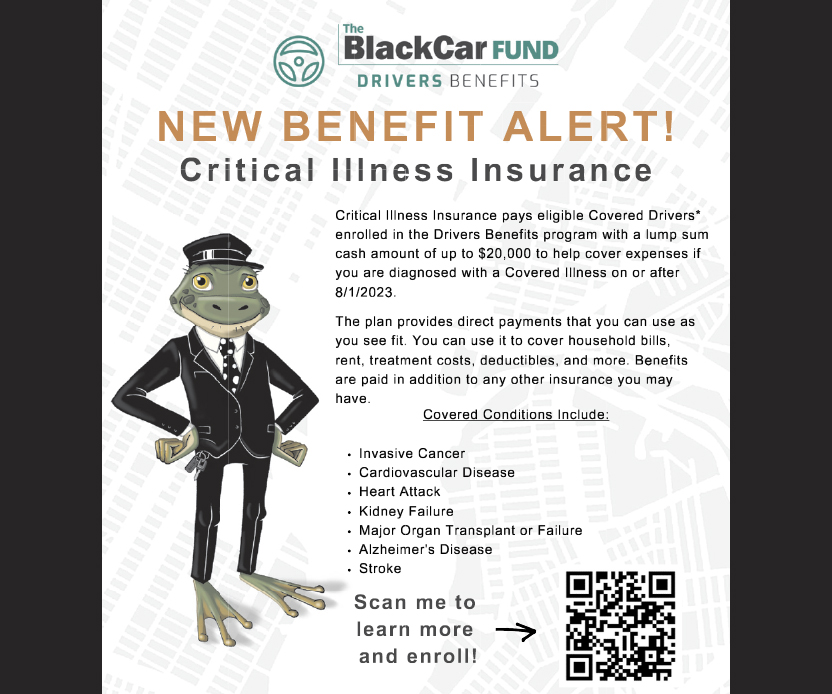
89468553 – feedback concept design, emotions scale background and banner
We’ve come a long way since the beginning of the pandemic, so it’s important to remember: A sentiment that may have meant something mid-March often just sounds like noise now. Business leaders are drowning in fake empathy right now.
Empathy is defined as “the ability to step into the shoes of another person, aiming to understand their feelings and perspectives, and to use that understanding to guide our actions.” It is a fundamental skill of selling. The problem is, fake empathy is common. Everyone agrees that salespeople should have empathy right now, but adding some vague platitudes about “difficult times” to a templated prospecting email is the answer.
Empathy is not only great for a salesperson, it’s also great for human connections. But, real empathy seems harder to find than ever. Research is uncovering drastic drop-offs in empathy between generations. Whether it is fake empathy or a lack of empathy altogether, society and the sales profession face big challenges with this basic human discipline.
The Danger of Fake Empathy
Empathy isn’t a disposable tool or strategic weapon – no matter what role you are in. It is a discipline of authenticity, and even a mindset that is part of our character. Empathy comes from being authentic and real, and is something we do constantly in hopes of becoming better humans. Beware of any advice that suggests sellers “use” empathy or “make empathic statements.” This kind of thinking is dangerous because it leads people to be artificial – to fake it.
“Leading with empathy” is a false proposition by definition, because real empathy only results from leading with questions, listening and understanding.
How Can You Develop Real Empathy?
You can’t really have empathy without understanding. You cannot simply gain understanding from assumptions of what someone else’s experiences are. You have to ask and follow up with clarifying questions. Without questions and listening, our biases creep in and we are no longer trying to understand the other person.
Open-ended questions may feel risky at first because you don’t know what the other person will say, but there are multiple ways to conduct a conversation. Some use conversations as an opportunity to talk about themselves. In that case, open-ended questions risk derailing your goal. Like a journalist, those who have genuine curiosity to dig deeper and understand will find themselves having more stimulating exchanges of information and ultimately better success in sales.
As the habits of open-ended questions and listening develop, you will strengthen your ability to build rapport. Strong rapport-building leads to better conversations, which ultimately leads to better sales outcomes. The best sales reps just keep improving because they have unlocked the keys to more meaningful connections.
Empathy is a mindset that can translate into any career and should be a part of any professional training curriculum. Historically, people described as empathic were pushed into specific career paths, however everyone can benefit from being empathic. We should never discount the value of empathy, but rather should encourage everyone in all careers to learn real empathy.
It doesn’t matter if you are in sales, customer service or medicine, genuine empathy can benefit your career, and help make the world a better place as a result.
Putting Theory Into Practice
The difference in goals between the empathic seller and those who sell without true empathy is clear. While both sides are economically incentivized to sell their product or service, the empathic seller is trying to help understand the prospect’s situation and ascertain whether or not the product fits the buyer’s needs.
This is a time where everybody desperately wants to connect with other people because we all feel so distant and isolated. See it as an opportunity to connect with other human beings on a different level.
Source: Crunchbase






